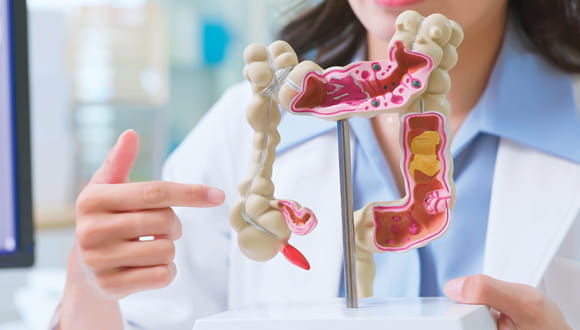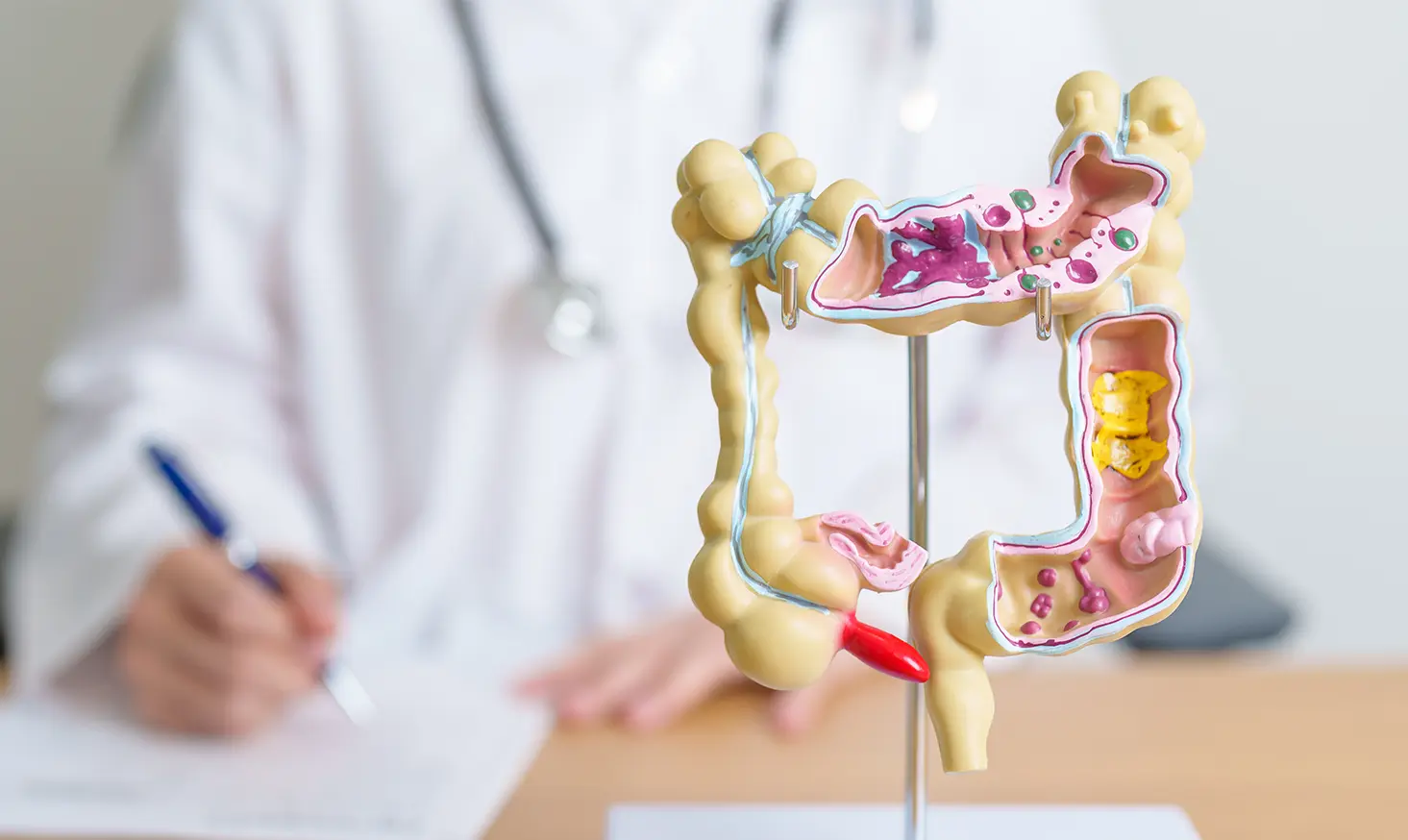There is growing concern about the rise in colon cancer cases, including among younger people. While many believe genetics are the main cause, lifestyle choices play a big role in developing this disease. Everyday habits can increase or lower the risk in ways people might not expect.
It’s important to understand that colon cancer is not only linked to family history. Factors like diet, activity level, and overall lifestyle have a significant impact. Realizing this can help people make better decisions early and potentially reduce their risk.

Both early and advanced signs of colon cancer are explained in detail. Early symptoms are often mild, making them easy to miss. However, paying attention to small changes can lead to early detection, which increases the chances of successful treatment.
Methods for early detection, such as colonoscopies and stool tests, are explained clearly. These tests are useful because they can catch issues before they develop into something serious. Knowing how these screenings work can encourage people to get checked in time.
Attention is also given to intestinal polyps, which are small growths in the colon. These polyps can sometimes turn into cancer. What a person eats and how they live can either slow down or speed up this process.
Helpful guidance is offered on which foods to limit and which ones to include more often in daily meals. This kind of simple, practical advice makes it easier for people to make healthy choices every day.

The colonoscopy process is also explained in a straightforward way. Regular screening is generally advised to begin at age 45 or 50. However, for those with a family history of colon cancer, starting earlier might be necessary to catch any issues early.
Overall, the message is clear: understanding the symptoms of colon cancer and taking preventive steps can make a difference. Simple actions, like being aware of changes and going for regular checks, can help protect long-term health.
